Graham Reid | | 2 min read
Calenture Pt 2
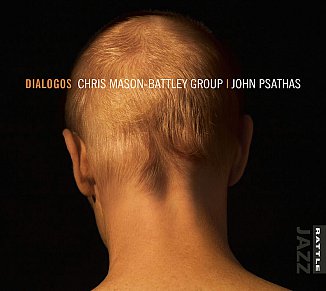
In 2000, Auckland composer/saxophonist Chris Mason-Battley did something so rare In New Zealand jazz as to be almost unique: for the album Karakia he incorporated and interpreted elements of Maori waiata/song into his music.
You would think such local influences would be common enough in jazz, but even today they are seldom explored.
That album -- probably hard to find these days -- was an early signal that Mason-Battley and his group (pianist David Lines and bassist Same Giles still here, now with drummer Stephen Thomas for this album) was someone to watch.
There have been two further albums by them (the last, Two Tides, a collaboration with taonga puoro expert Richard Nunns for the Rattle Jazz label in 2005).
Among the many who heaped praise on it was composer John Psathas who said, "Not genre-crossing or genre-making, this is unlike any other album I’ve heard. There’s a deep beauty here, haunting and dark".
"The group plays and listens with a rare sensitivity and concentration. Even when the mood is understated, there's no loss of passion. The dialogue between Richard Nunns and Chris Mason-Battley imbues the disc with a timelessness and restrained intensity not found elsewhere."
That Psathas should now find his own music being interpreted on Dialogos -- with similar sensitivity, depth and energy -- could almost seem like Mason-Battley returning the compliment.
Although perhaps primarily known as a classical composer, Psathas' work reaches far beyond that into electronica experiments, jazz, percussion, world music and song.
This album -- released late last year, hence "One We Missed" -- picks up a wide cross-section of Psathas' music. The source material comes from Rhythm Spike through Helix to his masterpiece View From Olympus and is reconstructed into two suites; Songs for Simon Suite (based on the Helix compositions) and Calenture Suite (from Psathas' '99 Rhythm Spike debut of mostly works for piano and percussion).
What needs to acknowledged immediately is that this isn't jazz musicians in some jazz-classical crossover, and nor it is faithful adapatations of Psathas' work. The source is a vehicle for the ensemble to explore, extrapolate upon and to find their own interpretations of.
So while there might be balladic investigations (the moody and delicately thoughtful pre-bop opener based on an Olympus theme, the similarly essays bookend of Inferno at the close) there is also furious free play (the crashing and turbulent intro to Calenture Pt 3 which resolves into an expressionistic piece for sparking sax, piano punctuations and busy, algebraic drum patterns).
Psathas' music has frequently had a powerful, rhythmic quality which is what drives the group's interpretation of Demonic Thesis (from Helix) which largely belongs to Thomas on drums and loops, and which sets an expected bar very high.
The music then works in reverse order through the Songs for Simon on Helix with Minos rendered as pointillistic piano by Lines which then swells gently and segues into His Second Time where Mason-Battley picks up an airy, almost Scandinavian sound (familiar from ECM albums).
Between this suite and the following is the outstanding Drum Dances Pt 4 (based on a Rhythm Spike piece) which is again kicked off by Thomas' percussion (and Lines' percussive but melodically inventive rippling rhythms) before Mason-Battley briefly brings tough and soaring sax. This is a muscular reinvention of the original piano/drum piece which -- as with Demonic Thesis -- again sets up the following suite, especially in its final third when the mood is dialed down into something akin to astringent melancholy with Giles' singing bass keeping a powerful pulse as Mason-Battley winds the energy tight . . . before an abrupt halt.
The opening piano passages of Calenture come as the necessary release after the preceeding tension.
This is an astutely constructed album as much as it is a re-invention of Psathas' music, and the journey touches on jazz familarity but also pushes the listener into new areas as the pieces ebb and flow.
And, if jazz is your favoured tipple, you need never have heard a note by Psathas to take this one just as you find it.
It is very much worth finding. Even belatedly.


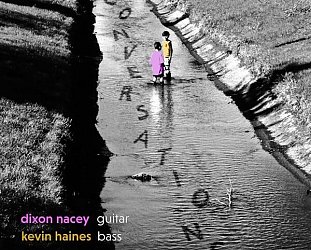
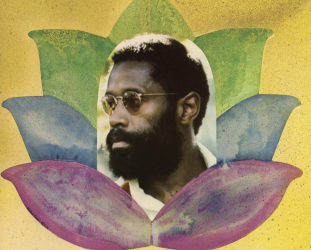
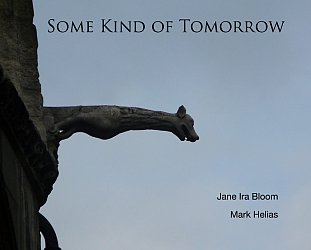
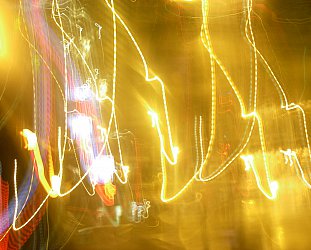

post a comment